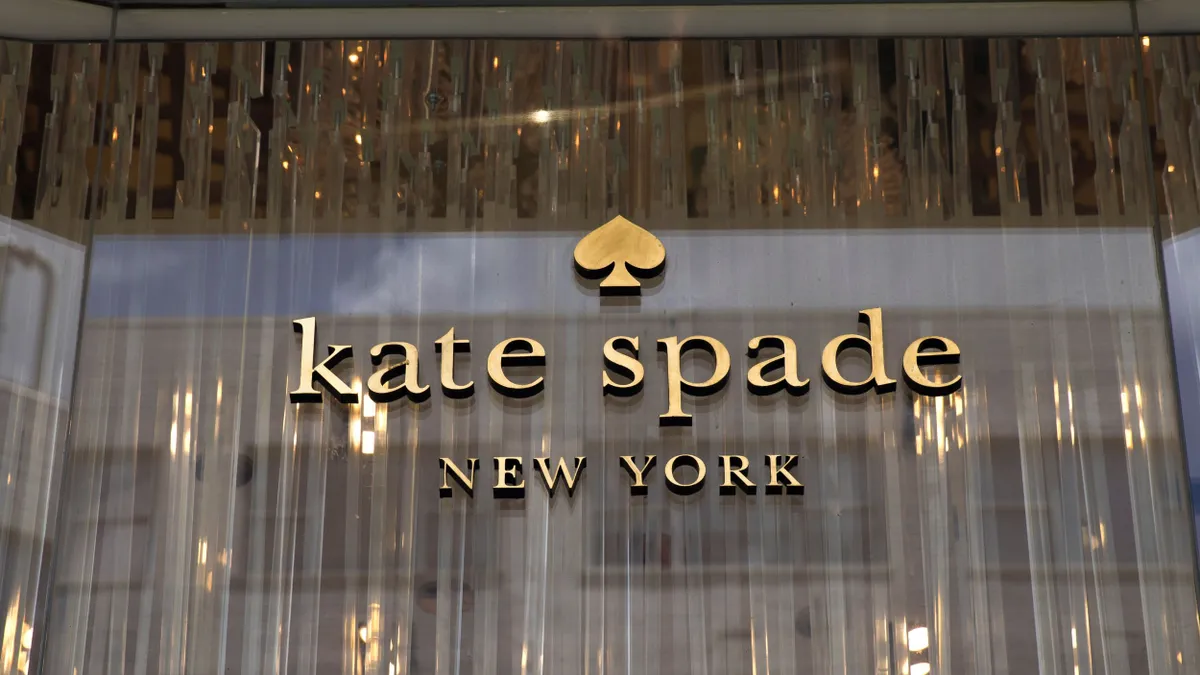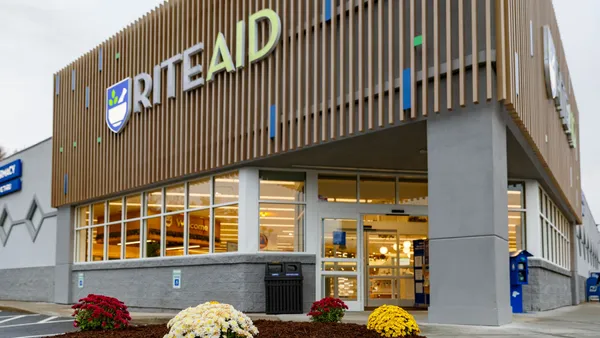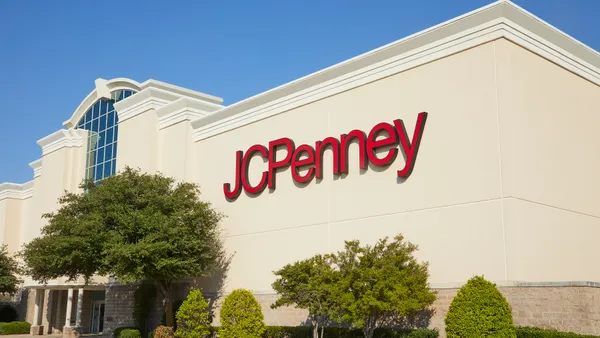Dive Brief:
- Tapestry and Capri Holdings have terminated their merger agreement, the companies said in separate press releases Thursday.
- Tapestry said terminating the agreement is in the best interest of both companies, “as the outcome of the legal process is uncertain and unlikely to be resolved” by the February deadline.
- Last month, both companies appealed a federal court decision that blocked the deal, after the Federal Trade Commission sued Tapestry for anticompetitive behavior in April.
Dive Insight:
When Tapestry, the owner of Coach, Kate Spade and Stuart Weitzman, announced its intention to acquire Capri, which owns Michael Kors, Jimmy Choo and Versace, analysts said the $8.5 billion deal would have made Tapestry one of the largest luxury conglomerates in the United States, behind LVMH.
But the FTC took issue with Tapestry’s previous acquisition history — it bought Stuart Weitzman in 2015 and Kate Spade in 2017 — and accused the company of having a “goal to become a serial acquirer.” The FTC also said the deal would give Tapestry a dominant share of the accessible luxury handbag market, a term coined by Tapestry “to describe quality leather and craftsmanship handbags at an affordable price.”
Tapestry and Capri said at the time that they believed the court’s reasoning was false. However, the federal judge presiding over the lawsuit agreed with the FTC, and denied all of Tapestry’s arguments. That decision would have made an appeal unlikely, according to industry analysts.
Joanne Crevoiserat, Tapestry CEO, said in Thursday’s release that the company has always had multiple paths toward its growth strategy, and the decision to scrap the deal clarifies its next step.
Tapestry reported earnings for its first quarter of fiscal 2025 last week, and Crevoiserat told analysts during a conference call that the company would not pursue more M&A in the near term.
The company’s financial results, particularly at the Coach brand, have been doing well despite distraction from the merger, said David Swartz, senior equity analyst for Morningstar Research Services.
“I don’t think that the proposed merger has had an impact on Coach’s prospects,” Swartz said in an email to sister publication Fashion Dive. “Capri, on the other hand, has been really struggling. The merger has seemingly been a big distraction and has hurt Michael Kors’ results.”
Capri reported quarterly earnings last week, which included a 16.4% year-over-year revenue drop. Its largest brand, Michael Kors, saw the largest decrease at 16%.
In Capri’s release on the termination of the deal, John Idol, Capri chairman and CEO, said the company would now focus on the future and growth potential of its three brands.
“Given our Company’s performance over the past 18 months, we have recently started to implement a number of strategic initiatives to return our luxury houses to growth,” Idol said.
He noted that the company was working on “exciting communication, compelling product and omni-channel consumer experience” to boost the results.
Neil Saunders, managing director of GlobalData, said in emailed comments that Capri neglected its brands in the hopes that the merger would happen. It is now left with needing “an enormous amount of corrective action” to get back on track, and is facing the road to recovery alone.
He added that for Tapestry, the termination of the deal is “a lucky escape,” because of Capri’s results sinking.
“Tapestry would also have inherited a whole host of problems from multiple broken brands and, while it could likely fix these, it would have sapped a great deal of time and resource,” Saunders said.
Though Capri won’t be sold to Tapestry, Swartz said he believes it will be sold someday, perhaps in parts. However he added that Capri may wait to pursue a future sale until its results improve.














